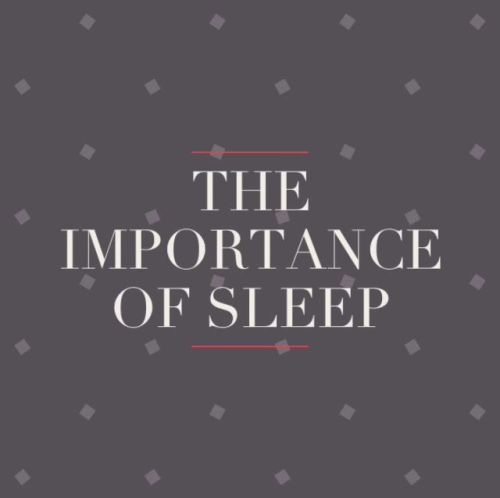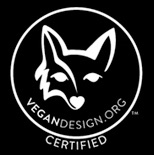
Lack of sleep has been proven in many studies to have negative affects on us – our moods, hormone and stress levels . This week for Mental Heath Awareness Week, Mental Health UK and Eve Sleep have published their findings from a sleep study of 2000 people *.
83% of people surveyed say it was stress that prevented them from sleeping.
We are learning that sleep is so important. After the results of this survey you’ll be glad to know it’s now being recognised as important in the workplace. So much so that the International Well Building Institute (IWBI) have policies as part of their WELL Building Standard to encourage employers to implement**. These policies include offering employees subsidised sleep related monitors, limits on expectations for the amount of work performed at night, start times at schools ….and even provision for employees to take naps at work! Yes… short naps are recognised as improving mental and physical sharpness and therefore helping productivity***. They also help to lower stress and improve our mood. This is bound to have a trickle-down effect and influence employers generally as the standard rolls out. Let’s hope so.
We need to protect our body’s circadian rhythm, which is the internal clock that keeps our hormones and processes in a healthy cycle. We need to have good ‘sleep hygiene’ – a routine of habits and practices to optimise our sleep quality. Obvious good habits are to keep to the same time for going to bed, not eating too late and avoiding caffeine (and that includes many fizzy drinks too). We should also have a cut off time at night for using screens, using their night-time setting so we aren’t exposed to high levels of light into the evening.
Looking at the bedroom space. Using lower levels of lighting generally in our homes at night also helps us to sleep better – so use those dimmer switches and low level lighting. At this time of year – your circadian rhythm can be disrupted by the early morning light – especially if your bedroom window faces East. A good blackout blind or lining will help this. As you wake – and try and keep that time the similar each day – get as much natural light as you can in the room or consider investing in a wake up light if you particularly struggle to wake in the dark winter mornings.
How ventilated is your bedroom? Is it easy to ventilate naturally or is the air quality poor where you live? Could you benefit from using an air purifier? Philips and Muji both make ones that rate well in trials. Plants can be used in bedrooms for their air purifying abilities (aloe vera, snake plant and spider plant). Some even aid sleep such as lavender, jasmine and gardenia according to a study by NASA ****. There’s even paint you can use that absorbs air pollution *****.
As we look at making our bedrooms a sanctuary, we should also look at our beds and bedding to ensure they aid sleep too. How long have you had that duvet and pillows? ‘Natural’ feather pillows and duvets attract dust….as much as a third of the weight of them could be dust mite and bug droppings ******. Bad news for allergy sufferers. Lots of chemicals are used to process these ‘natural’ fillings – making them not natural at all. Sadly ‘natural’ means abuse of animals as well. The gruesome and cruel method of ‘live plucking’ is how down is harvested. There’s no reliable chain of custody – so there’s no such thing as ‘ethical down’. A pillow contains the down from 12 geese to fill and a single duvet is filled with the down of 32 geese. I strongly feel that ‘natural’ is no longer the best. Feathers and wool play a part in this ‘quality’ myth and the animal welfare standards are grim for them as well. Best avoided. The first thing I did after qualifying as VEGANDESIGN.ORG CERTIFIED™ was to research and replace all our bedding. Luxury is now all about innovative materials and natural is not luxurious at all. Fogarty do ‘Just Like Down’ pillows and there’s lots of high quality choices at retailers like TK Maxx. You need to go to the store and feel them and check out the plumpness for yourself. Debenham’s ‘Feels Like Down’ duvet won a PETA Vegan Homeware Award last year. When I replace ours again in future I’ll be buying a breathable 100% cotton duvet as I find I get hot in the night. The general advice is to replace pillows every three years and duvets every five years*******. A good mattress lasts 9 to 10 years, according to the National Sleep Foundation, but consider replacing yours every 5 to 7 years if you don’t sleep well as it could be the reason. Mattresses can be recycled into new mattresses – John Lewis make them. So you can sleep on an ethical mattress too.
If we spend a third of our lifetime in bed – then let’s get the best quality sleep we can to protect our mental health and wellness.



